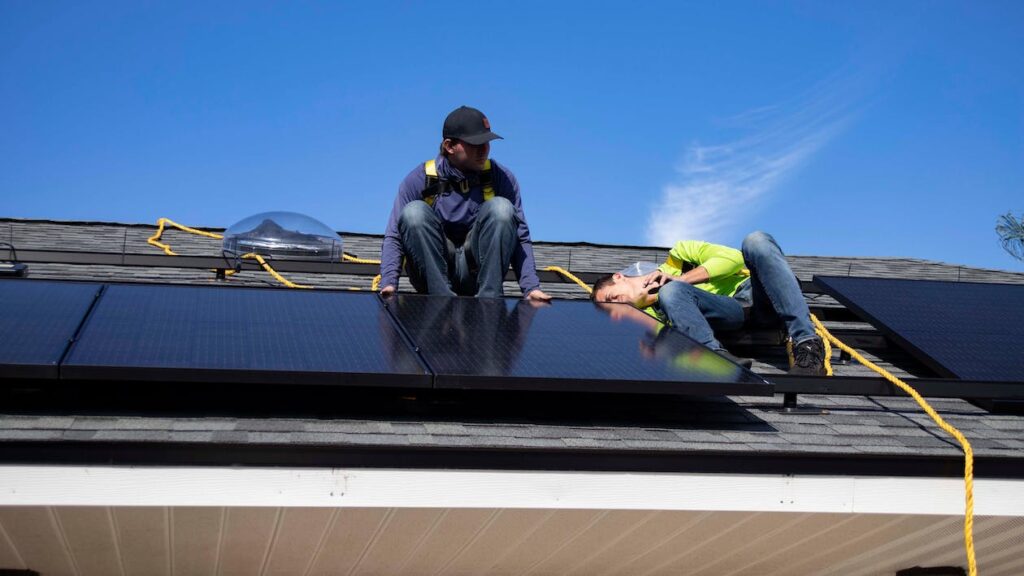Final Date to Submit: “A Guide to Hybrid Solar Systems (2023)”
Understanding Hybrid Solar Systems: A Comprehensive Guide
Hybrid solar systems have taken center stage in the world of renewable energy. With the ability to operate both on-grid and off-grid, they provide unparalleled flexibility and reliability. But what does this really mean, and how can you leverage it for your home energy needs? We’ve broken it down for you.
How Does a Hybrid Solar System Work?
Unlike traditional solar photovoltaic (PV) systems that rely solely on the grid, hybrid solar systems offer dual functionality:
- On-Grid Functionality: Under normal circumstances, your solar PV system connects to the utility grid, allowing you to use both solar power and grid energy simultaneously. This means that even if your solar panels aren’t generating enough electricity due to weather conditions, you won’t experience any interruption in power supply as the grid energy will kick in.
- Off-Grid Capability: What sets a hybrid system apart is its ability to operate independently from the grid. In times of blackouts or when grid power is unavailable, the hybrid PV system can continue to provide power. This is made possible through a specialized solar inverter and battery system.
Key Components of a Hybrid Solar System
A hybrid solar system primarily consists of two main components:
- Solar Inverter: This device is capable of synchronizing with the grid, allowing a seamless transition between solar and grid power.
- Battery System: A dedicated battery system stores excess solar energy and supplies power when off-grid. This ensures a continuous and stable power supply.
Why Choose a Hybrid Solar System?
The ability to switch between grid-tied and off-grid modes provides several advantages:
- Stable Power Supply: Solar panels alone cannot always guarantee a stable power supply, especially when a cloud passes by or during nighttime. A hybrid system overcomes these challenges by utilizing the battery to cover any gaps in solar output.
- Energy Independence: Hybrid systems allow you to have more control over your energy usage. Even if the grid fails, your system can still provide power.
- Potential Cost Savings: By efficiently utilizing solar energy and storing excess for later use, you may save on electricity costs.
Analyzing the Best Options with MarketWatch Guides
Choosing the right hybrid solar system is crucial, and that’s where we at the MarketWatch Guides team step in. We’ve meticulously analyzed various solar panels and systems to assist you in determining the best option for your unique home energy requirements.
Hybrid solar systems are revolutionizing the way we think about solar energy. With the benefits of grid connection and the independence of off-grid functionality, they present an exciting solution for modern energy needs. Understanding the capabilities, benefits, and costs of a hybrid system is essential for making an informed decision.
Read on to explore more detailed insights and explore the best hybrid solar options to power your home with confidence.






